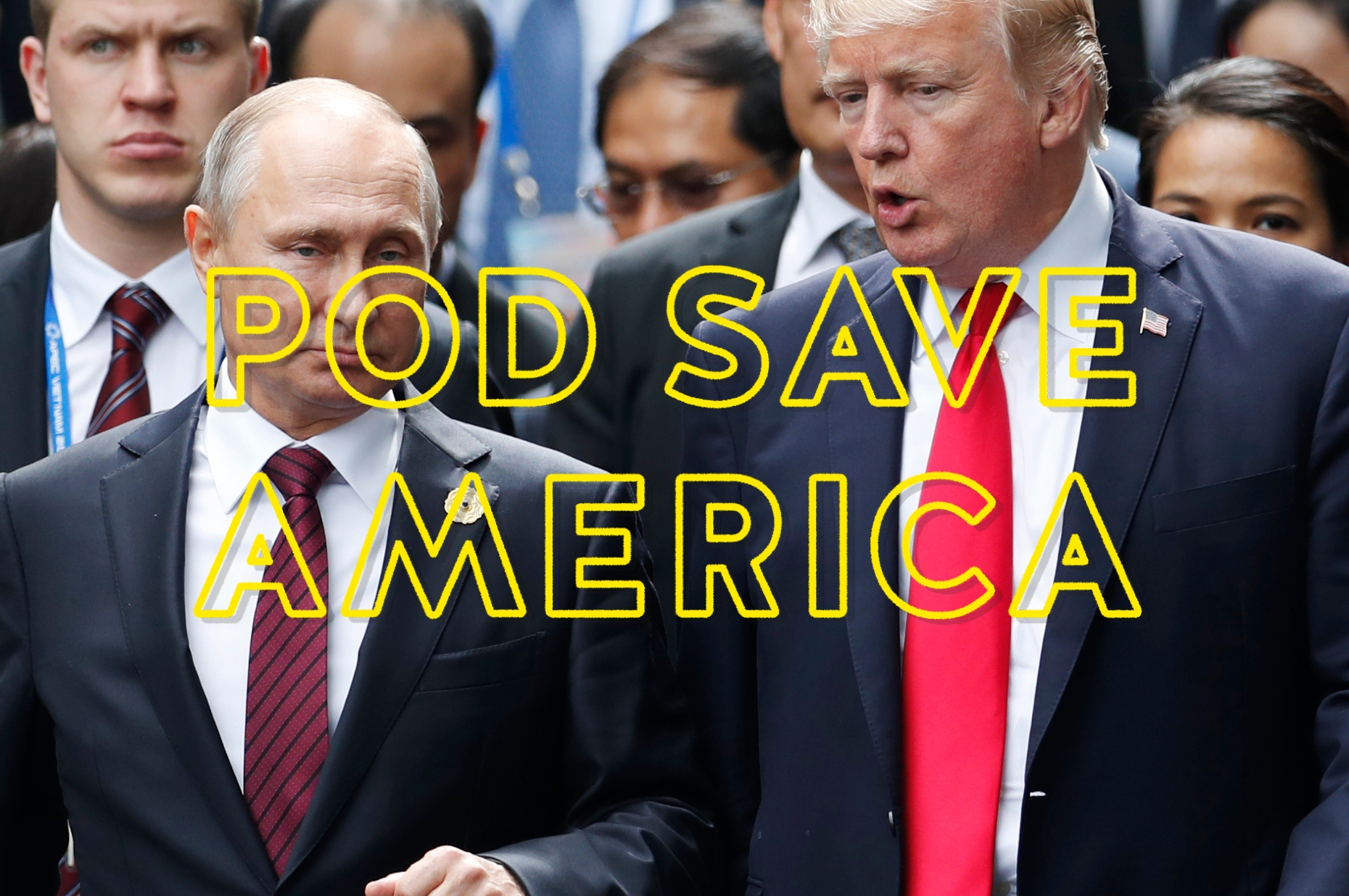
There was a reason Rep. Eric Swalwell (D-CA) grilled outgoing White House Communications Director Hope Hicks over whether she’s ever lied on President Trump’s behalf, and it wasn’t because he thought the answer might be “no.”
Swalwell is as well aware as anyone that this administration teems with shameless liars, and that Hicks has been caught in her fair share of lies. The purpose of the question wasn’t to substantiate the obvious, but to determine whether Trump ever specifically asks Hicks to lie for him, because if the answer is yes, then that might be one of the means by which Trump obstructs justice. And the answer, apparently, is yes.
The disclosure of Hicks’ testimony, however, played out in the public square less as a window into the likelihood that Trump has been suborning perjury from his loyalists than as a sourcing crisis for journalists, and a communications crisis for the White House.
After every on the record statement she gives, every reporter and viewer/reader now won’t know whether she’s speaking the truth. Hard to justify using her quotes or statements in any story given this admission. https://t.co/3ePoTdCilr
— Chuck Todd (@chucktodd) February 28, 2018
Todd was by no means the only prominent journalist to be scandalized by Hicks’ admission. And, to be clear, reporters are right to be scandalized by it—but only insofar as it confirms that the known liars of the Trump administration are fully conscious of their dishonesty. It is unreasonable to continue to credit and quote known liars simply because they haven’t had the bare-minimal integrity required to cop to the fact that serving in the Trump administration requires telling lies. It may be wise for journalists to cut off sources in the Trump White House and it may not. But what the Hicks drama really underscores is that we should resist the urge to interpret the goings on of this administration as through they bear much resemblance to the leaks, chaos, and public statements that pour forth from the West Wing. That’s particularly true of the way we contemplate the Russia investigation.
The darkly comic irony of Hicks’ confession is that it, too, was suffused with lies. According to multiple accounts, Hicks admitted to telling “white lies” at Trump’s direction—say, about whether or not Trump was indisposed—but never about “matters material to the investigations into Russia’s inference in the 2016 election and possible links to Trump associates.”
This is demonstrably false. After Trump won the presidency, for instance, Russia’s deputy foreign minister told Interfax that Russia was in contact with the Trump’s campaign before the election, and that “we are continuing this work even after” it. When the Wall Street Journal asked Hicks if the comments were accurate, she said “absolutely not.”
Months later, at Trump’s direction Hicks would help craft an immediately discredited statement to the New York Times from Donald Trump, Jr. about a meeting he set up at Trump Tower to field dirt on Hillary Clinton from agents of the Russian government. Multiple credible accounts indicate that in coordinating this dishonest strategy, she suggested that incriminating emails between Trump, Jr. and his intermediary to the Russian agents could be suppressed.
So that’s some of what we knew about Hicks’ integrity before she claimed the lies she told for Trump were basically harmless.
In this regard, Hicks is no different than basically every high profile person in Trump’s inner circle.
In July of last year, Trump’s former campaign manager Corey Lewandowski lied to Chuck Todd in response to a direct question about whether he was paid to advocate for Trump to fire former Consumer Financial Protection Bureau director Richard Cordray, got caught in the lie, and remains a welcome guest on Meet the Press. In a memorable briefing last year, press secretary Sarah Huckabee Sanders claimed that “countless” FBI agents had contacted her to express gratitude over Trump’s decision to fire FBI Director James Comey (we know for a fact now that they did not). A few months later, chief of staff John Kelly defamed a congresswoman in an account of her behavior that video evidence quickly disproved. Kelly subsequently enlisted the White House communications staff to lie about his awareness that disgraced staff secretary Rob Porter was a wife beater who failed his FBI background check. His efforts backfired in large part, it seems, because the lies weren’t deployed on Trump’s behalf.
Reporters continue to quote multiple Trump transition officials who who were looped in on Michael Flynn’s premeditated efforts to undermine President Obama’s post-election Russia sanctions, and then told the public that Flynn and his Russian contact merely exchanged holiday pleasantries.
Hicks’ misleading admission to the House Intelligence Committee didn’t tell us much about her or other Trump confidantes that we didn’t know. But it did tell us that in the ongoing efforts to determine whether Trump has obstructed the Russia investigation, some investigators think Trump may have instructed his advisers to lie under oath.
That is a possibility worth probing. Because while most reporters and commentators knew the Trump White House was a font of lies before Hicks testified to it under oath, it is also a commonly held view among reporters that the Russia investigation is probably going to be a bust.
This from Blake illustrates how I and I think a lot of reporters feel about this https://t.co/Jy6pIj0qtq
— andrew kaczynski? (@KFILE) February 19, 2018
There is a tension between the view that this White House is scandalously dishonest, and that its overheated denials that the Trump campaign conspired with Russia to subvert the election are probably true. Hicks says working for Trump entails lying. We have a long public record of what those lies look like. Many of them pertain to the Russia investigation, and some have been delivered under oath. Hicks’ testimony and abrupt resignation were very revealing—not of the well established fact that the White House can’t be trusted, but that there’s more to the obstruction of justice investigation than we realized.

